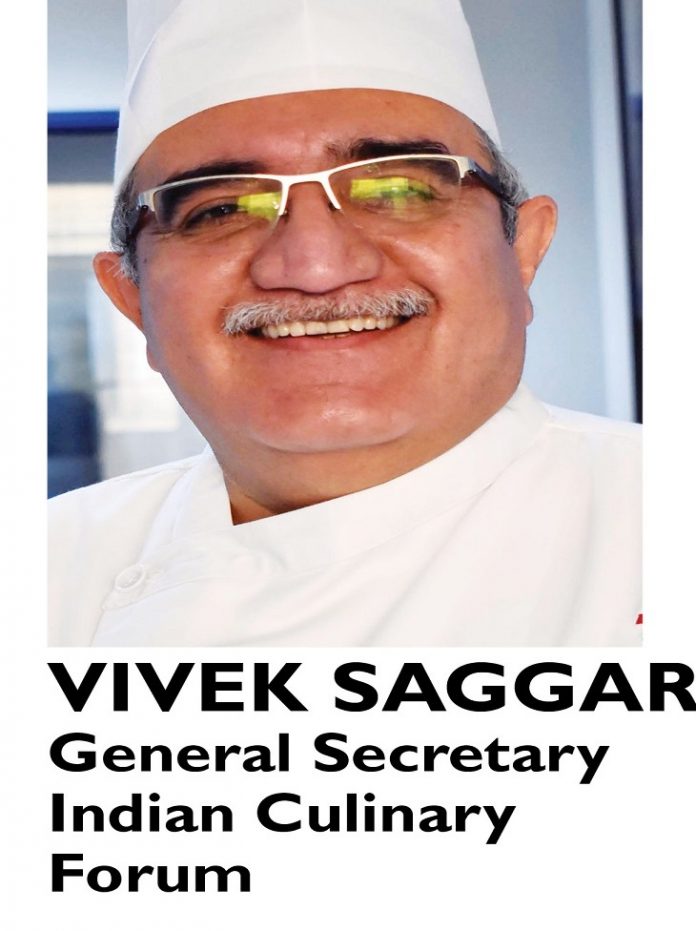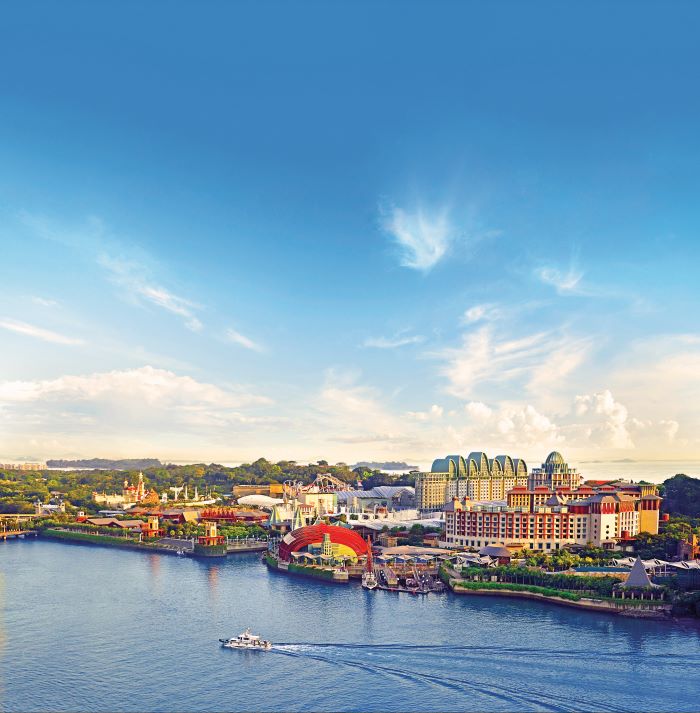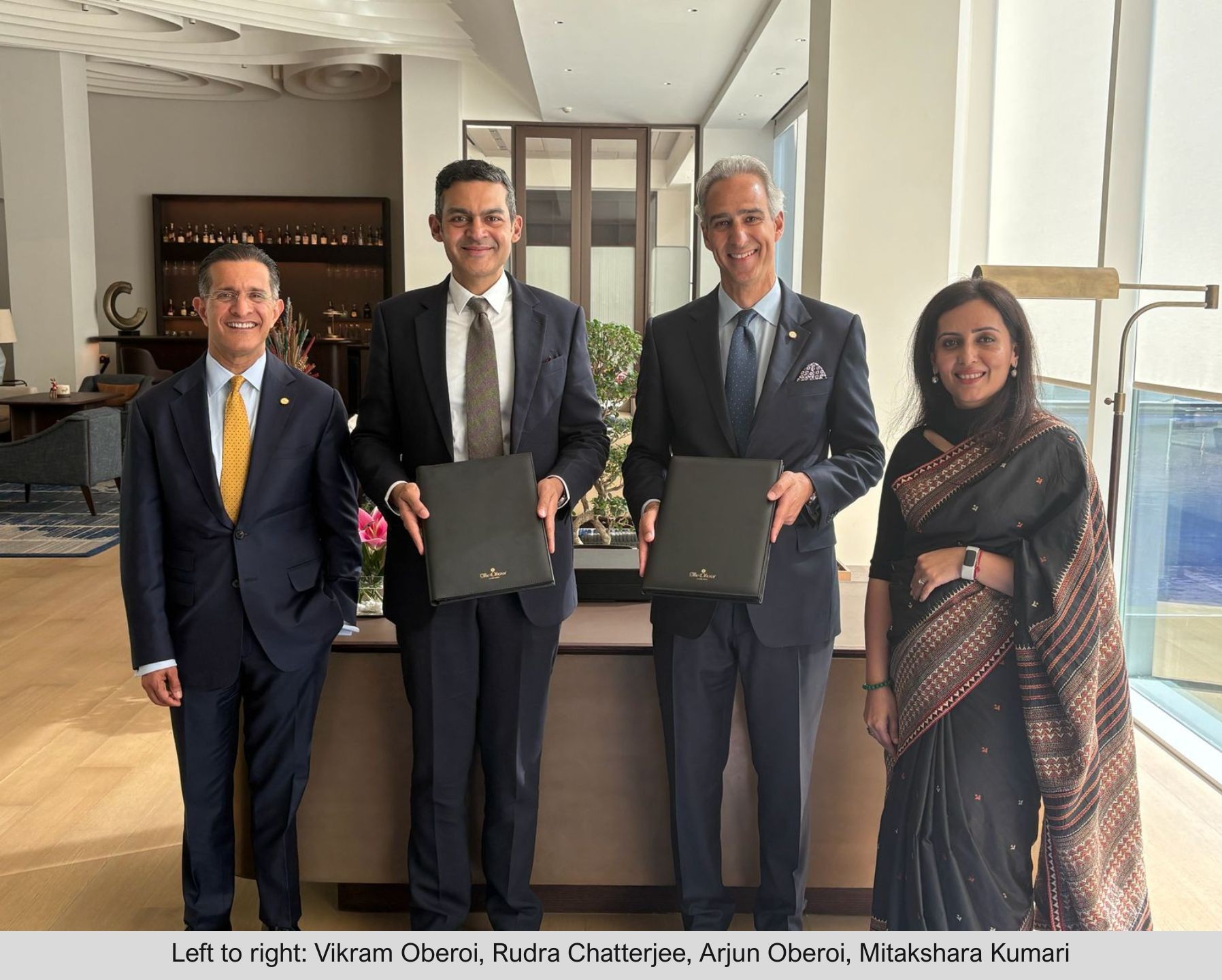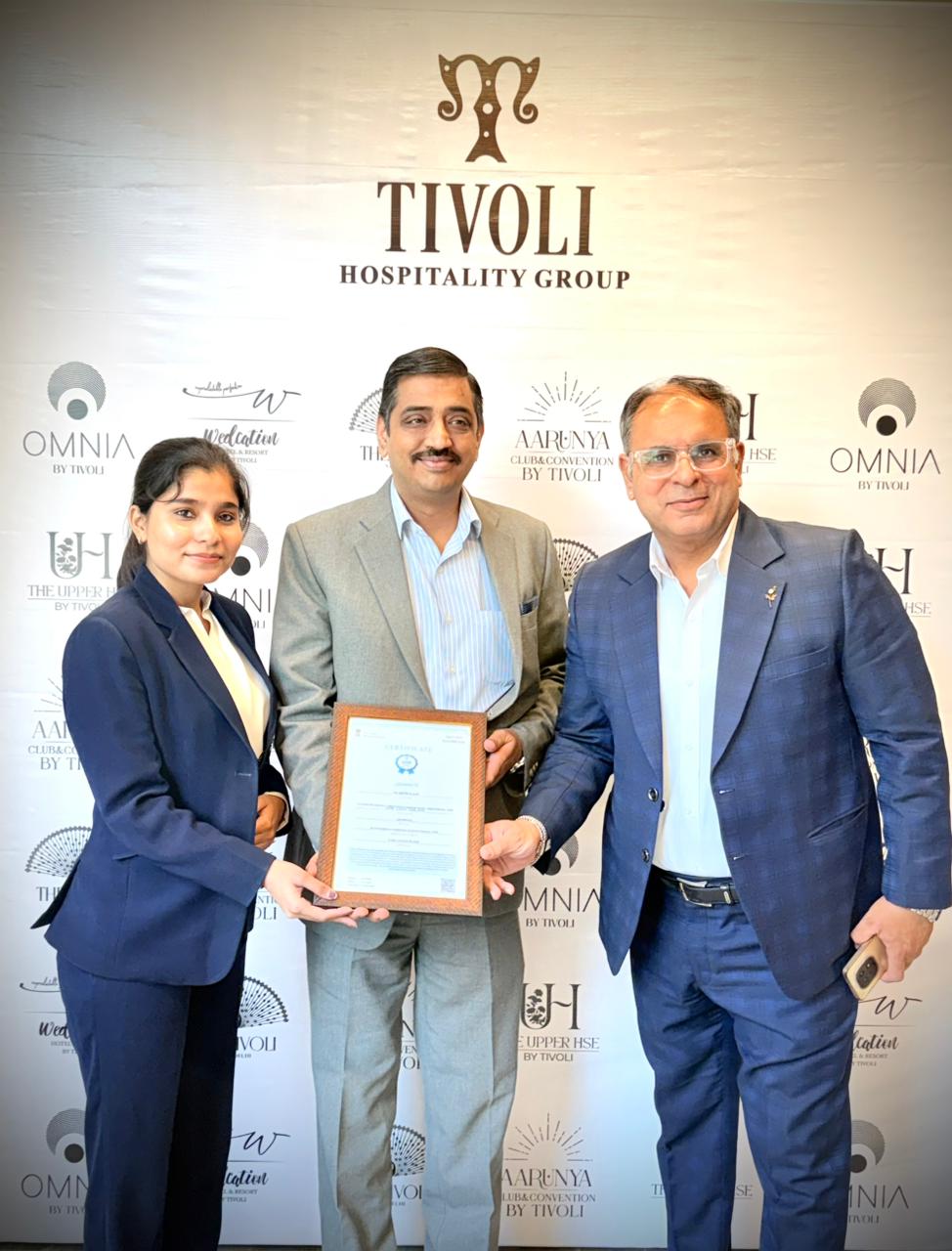Chefs have been creative and flexible. The need of the hour is to be resilient to stay relevant in the current ever-changing scenario, says Chef Vivek Saggar, General Secretary, Indian Culinary Forum.
Lipla Negi
Tech-push is good
With the ever-growing concept of automation all around us, equipment like dosa makers, grills with conveyor belts, and others has been flourishing. Tables now have digital menus. Since the cost of ingredients has been erratic, digital menus make it easier for restaurants to adjust their prices. Robotics will take over kitchens, making them smaller and more efficient.
Cloud kitchens are cost-effective
The trend of establishing cloud kitchens has accelerated, even in remote areas. For instance, during COVID-19, restaurants were surviving mostly through online deliveries, and even five-star hotels started drive-through food collection systems. While it takes a lot of capital to set up a restaurant, relatively minimal resources are needed for a cloud kitchen. Hence, consumers get quality food in much lesser amount.
Restore customer confidence
To get the customers back to the restaurants, hoteliers need to win their confidence by ensuring safety protocols are strictly followed. For instance, the model of letting consumers see the preparation of their food in realtime to ensure proper hygiene is getting popular. Even budget-friendly menus are being encouraged to attract more customers back to their favourite dining places. Think local for sustainability We can promote sustainability by going local as the cost of importing food items across the globe is not measured just in money, but in carbon emissions too. We also need to design menus as per the season to reduce the import of fruits and vegetables throughout the year. The sustainable food movement requires supporting the right kinds of producers. Choosing a more plant-based diet is another step towards it. The government and farmers also have a big role to play in it, as have the restaurateurs and customers. It is worth the effort as a few minor tweaks to your lifestyle can have a huge impact on the way the food system develops in the coming decades.
Chefs have to upskill
Chefs these days are expected to be not just skilled, but multi-skilled. They just cannot specialise in a thing or two, but have to upskill. They have to learn things that haven’t been there before. Everyone in the industry is now expected to keep upgrading themselves. As the industry reopened after the COVID-19-related restrictions, the notion of training the trainer had been in their minds to give them an edge in the post-pandemic world. Chefs need to get tech-savvy, innovate, perform with critical thinking and exhibit emotional intelligence. Chefs have been creative and flexible. They must now be resilient.
India’s culinary heritage in the spotlight
If you look at the categories in the Chef Awards, there were diverse categories where regional food from across the nation was cooked and promoted. For instance, if we talk about kebabs, we think of a non-vegetarian item. However, we made sure to reserve a place for the vegetarian variant of the dish for the chefs to master. Also, halwaais, the sweet-makers who are not even brought into the conversation, generally get acknowledged and rewarded by the Indian Culinary Forum.
Vivek saggar General Secretary Indian Culinary Forum
“The trend of establishing cloud kitchens has accelerated”










